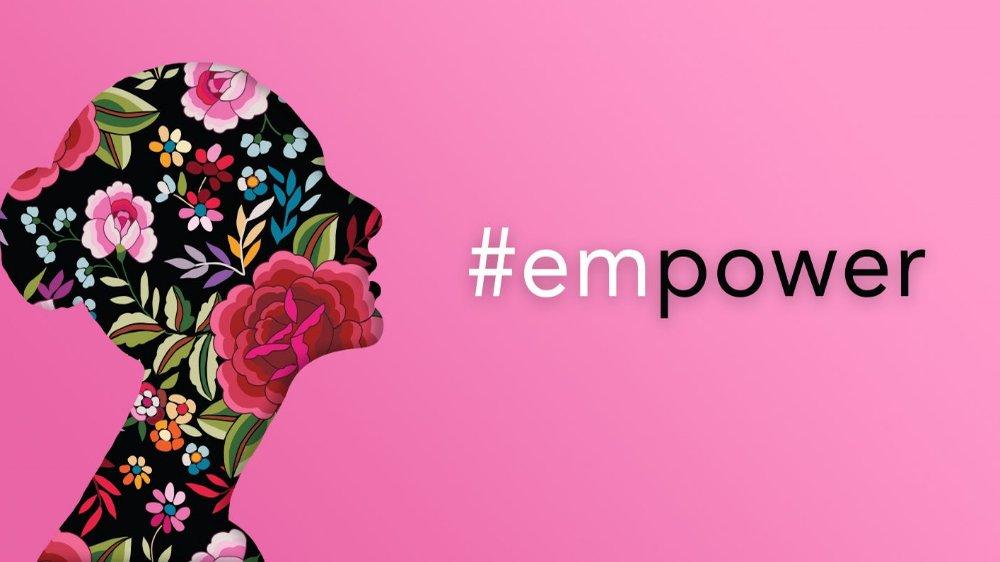In a new age of fierce women empowerment and new norms of breaking barriers, the men have a lot of responsibility to uphold the path for women. Although men have started to neutralise gender roles all around the world, the ideology of men being superior to women remains to be deeply imbibed in everyone’s mind.
New research published in the Journal of Experimental Social Psychology found that nearly 75% of people surveyed in dozens of countries implicitly associate high levels of intelligence or “brilliance” with men more than women. Therefore, being a subject to implicit bias.
What is Implicit Bias?
An implicit bias associates with an unconscious belief or attitude toward any social group. Implicit biases are oftentimes reason that people attribute qualities or characteristics to all members of a particular group, generalising a particular group on the basis of notions unconsciously imbibed in them, also known as stereotyping.
Implicit biases operate almost entirely on an unconscious level, while explicit biases are intentional and controllable.
While people might not believe to be biased consciously, the reality is that everyone engages in the stereotypical notions, whether they want it or not. This reality does not promote the idea of one person having to be necessarily inclined to discriminate against other people. It means that everyone’s brain works in a way that it makes associations and generalisations without many explanations.
What does the study reveal?
The study revels that 75% of the total number of people interviewed, are subject to implicit bias towards women. The idea of men being more intelligent and capable than women is imprinted in the minds of people.
Although unconscious, implicit bias could play a role in why women are underrepresented in fields like science and technology, mathematics and engineering. But apart from this, it can stretch to other professions which include gender stereotypes like, sports, politics and business.
The co-author of the study and an associate professor in the department of psychology at New York University (NYU), Andrei Cimpian states, “If you swap out the stereotype about brilliance with other stereotypes, the same kind of mechanisms unfold in other domains where women are underrepresented,”
Researchers from NYU, Harvard University and the University of Denver asked more than 3,600 people, including children as young as 9 or 10, from over 78 countries if they agreed with the stereotype than men were more brilliant than women, and a collective answer was no, they didn’t.
After that, the same people were asked to undertake a test that measured their implicit bias. The result concluded that across a series of five studies, between 60% and 75% of participants showed some evidence of an implicit stereotype that associated brilliance with men more than women
The implicit bias is not only the unexpressed thoughts of an individual, it is also a mirror of the type of culture surrounding the individual.
The researchers used the Implicit Association Test (IAT) to measure implicit bias. In 1998, The implicit bias test was released online. It asks people to quickly sort images and words that appear on the screen using keys on a computer keyboard.
To take a test yourself, click here.
Implicit bias can be a major reason for a certain type of behaviour of an individual. Mr Cimpian added, “These stereotypes only have the power to marginalise certain groups more than others because we tell young people in these fields that they have to have that ‘special gift.'”
He also said that the gender brilliance study was an attempt to document whether people endorse a stereotype that associates brilliance and genius with men more than women, and, if so, how widespread the stereotype is. The results revealed that the majority of participants from 78 countries showed some evidence of an implicit stereotype.
What can be done?
These researches help to understand the psyche of people or a community. It also helps in understanding the mechanism of beliefs.
According to researches, implicit biases starts forming at very early stages of and individual’s life. It is very hard to break this type of biases. More women participating in the educational or stereotyped fields are not gonna help. The only thing that can be done to try to reduce the implicit bias is to make changes in the languages we speak, the films, the posters, basically all our surroundings. This will help a child adapt to the women-oriented system since the starting.
Andrei Cimpian also said that the people working in academia can help alter or modify these gender biases. They work to disrupt systems that reinforce biases.
He added, “Changing the rhetoric around what’s required for success might also make the stereotypes be less important,”

